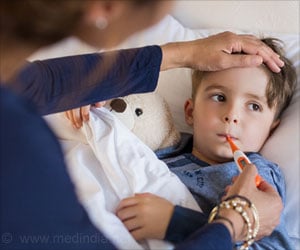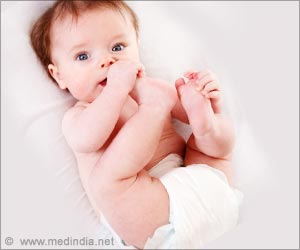Heat waves, times of excessively hot weather that include spikes in temperature, can also occur during the summer. Both can create a number of health problems.

‘There is a high risk of heat exhaustion or heat stroke during hot weather or exercise. To help prevent heat exhaustion or heat stroke drink plenty of cold drinks, especially when exercising and take cool baths or showers.’





Heatstroke is a medical emergency hence immediate first aid to be taken is to cool the body temperature". List few first aid tips # Move the person from direct sunlight and take him to a cooler place # Immediately take off extra clothes and spray cold water to low the body temperature # Use Ice packs over the body if the temperature doesn't come down # Do not give any self-medication especially asprin incase the person suffering from severe headache # Give fluids, cold water is the best When the body temptation is greater than 104 degrees Fahrenheit, it is termed as Heat Stroke with complications involving the central nervous system that occur after exposure to high temperatures. Other common symptoms include seizures, nausea, confusion, disorientation, and sometimes loss of consciousness or even coma.
Precautions to avoid heat stroke:
Stay in-doors and avoid exposure the direct sunlight for long periods
Wear comfortable clothes avoid tight fitting & excessive clothes as they don't allow your body to cool easily
Advertisement
Avoid packaged juices that are high in calories; also avoid caffeine and alcohol which may cause dehydration
Advertisement
Eat light food and stay from spicy food
Do not leave anyone alone in a parked car, specially children If you are at higher risk, be cautious - Heat stroke is most likely to affect older people who live in homes lacking proper air conditioning or well-balanced airflow. If you are on fluid restricted diets or have any pre-condition like Epilepsy, Kidney, liver or heart disease, consult your doctors before increasing fluid intake.
Source-ANI















